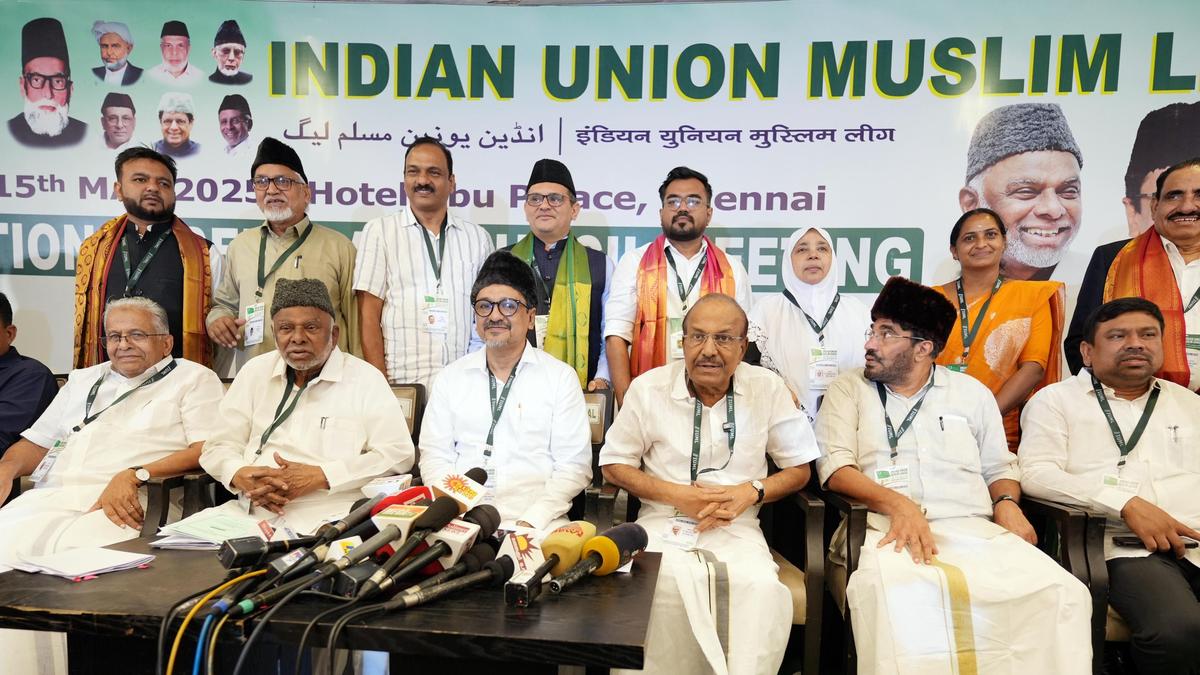THE UNBREAKABLE BOND: SCHOLARS AND LEADERSHIP IN KERALA
Explore Kerala’s history of unity between scholars and leaders, shaping culture, education, and social progress through collective wisdom and leadership.
Unity between scholars and leaders can build the impossible”—this scholarly thought has echoed throughout Kerala’s history. In Kerala, and anywhere else, cultural achievements always carry a story in which the emotional and foundational unity between learned scholars and visionary leaders becomes the true reflection of success.
The Mappilas, key players in the historical landscape of Kerala, welcomed foreigners as guests—an openness that later played a significant role in resisting the so-called “holy servants” of the British Crown, who claimed to rule as God’s chosen representatives (God forbid). From the era of the Mughals onward, it is well known that scholars often rose to the highest levels of communal leadership, shaping society with wisdom and resilience. Recognizing this influence, the rulers themselves understood the importance of maintaining unity. Even when colonial officials attempted to dismantle Kerala’s social fabric, local structures—especially the mahal systems—stood firm like an unbreakable “Great Wall,” powered by communal unity.
Outside the Mappila community too, leaders like Sree Narayana Guru, Chattambi Swamikal, and Ayyankali contributed immensely to Kerala’s spiritual and material progress. They cooperated with British missionary efforts that introduced literacy and social reforms, helping to civilize the caste-stratified society. Their work played a key role in eradicating caste discrimination and breaking rigid social boundaries.
After this wave of literacy and reform, the community gained political consciousness in both religious and secular spheres. Thinkers such as E. M. S. Namboothiripad, who was deeply shaped by Marxist ideals, guided Kerala into a new political age. Though politics by nature tends to divide subjects and objects, the unifying influence of Panakkad leadership stood as a barrier against political, religious, and communal fragmentation, preventing these separations from taking root in society.
Kerala’s unity in leadership remains a model of collective harmony for the world. Even the powerful British colonial forces—who once sought to poison this unity—were ultimately forced to retreat, defeated by the strength of a community whose solidarity remained pure and unshaken. In today’s rapidly changing world, this unity continues to exist without cracks, reminding us of the enduring power of collective consciousness and shared leadership.
The intellectual legacy of Kerala’s united leadership is not merely a memory of the past but a living force that continues to influence current generations. The harmonious relationship between religious scholars, social reformers, and political thinkers created a climate where knowledge became a shared treasure, not a restricted privilege. This legacy empowered ordinary people to think critically, engage socially, and participate meaningfully in public life. As a result, Kerala emerged as a land where education became both a cultural identity and a collective aspiration, shaping a society that values wisdom over conflict and dialogue over division.
In the modern era—marked by digital noise, ideological fragmentation, and rising intolerance—the Kerala model of unity between scholars and leaders holds profound relevance. While many societies struggle with polarization, Kerala continues to draw strength from its tradition of shared leadership and collective consciousness. The unity seen in institutions, community councils, and religious bodies serves as a reminder that leadership is most effective when it is cooperative, not competitive. This unity has allowed Kerala to navigate crises, from social tensions to environmental challenges, with remarkable resilience and foresight.
Looking ahead, Kerala’s example provides a roadmap for communities across the world: nurture unity, preserve knowledge traditions, and empower leadership rooted in ethics and compassion. If future generations uphold these values, the heritage of Kerala will continue to shine as a beacon of harmony in an increasingly divided world. As long as scholars and leaders walk hand in hand—guided by mutual respect and shared purpose—the community will remain strong, dignified, and spiritually enriched.
The story of Kerala is not just a story of the past; it is an invitation to build a future where unity becomes the foundation of every social triumph. In conclusion, Kerala’s history shows that true progress emerges when scholars and leaders stand together. This unity protected the community, strengthened its culture, and guided it through challenges. Today, it remains a reminder that when knowledge and leadership move in harmony, no force can break a society built on truth, dignity, and shared responsibility.

